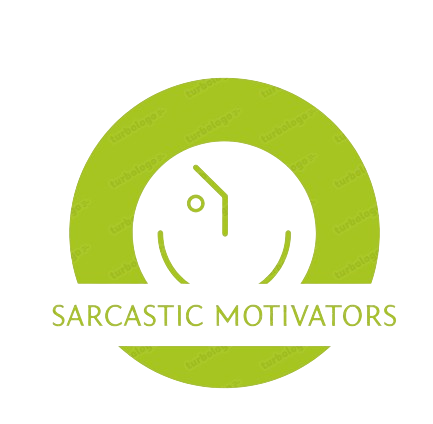In a world that constantly bombards us with choices and challenges, the ability to make effective decisions is a crucial skill. Whether you’re navigating your personal life, professional career, or entrepreneurial ventures, the art of decision-making plays a pivotal role in determining your success and satisfaction. In this comprehensive guide, we will explore the key components and strategies to help you become an effective decision-maker.

Understand Your Values and Priorities:
The foundation of effective decision-making lies in a clear understanding of your values and priorities. Take the time to reflect on what truly matters to you, both in your personal and professional life. Identify your long-term goals and the principles that guide your actions. When your decisions align with your values, you are more likely to experience a sense of fulfillment and purpose.
Gather Relevant Information:
One of the critical steps in making sound decisions is to gather relevant information. Without a comprehensive understanding of the situation at hand, it becomes challenging to make informed choices. Utilize your research skills, consult reliable sources, seek advice from experts, and consider multiple perspectives. A well-informed decision is more likely to yield positive outcomes.

Evaluate Potential Risks and Benefits:
Every decision involves an element of risk. Effective decision-makers are adept at evaluating the potential risks and benefits associated with each option. Consider the short-term and long-term consequences of your choices. Assess the potential impact on yourself, your team, and any stakeholders involved. A thorough risk analysis will empower you to make decisions that align with your objectives while minimizing potential pitfalls.

Develop Critical Thinking Skills:
Critical thinking is a key component of effective decision-making. Cultivate the ability to analyze situations objectively, identify patterns, and connect disparate pieces of information. Question assumptions, challenge your own biases, and consider alternative perspectives. A well-honed critical thinking ability will enhance your decision-making process by promoting clarity and sound judgment.
Embrace Flexibility and Adaptability:
In a dynamic and ever-changing world, rigid decision-making approaches can lead to suboptimal outcomes. Cultivate flexibility and adaptability as essential traits in your decision-making toolkit. Be open to adjusting your course of action based on new information or changing circumstances. A flexible mindset allows you to navigate uncertainties with confidence and resilience.
Master the Art of Time Management:
Effective decision-making is closely linked to efficient time management. Prioritize your decisions based on their urgency and importance. Avoid unnecessary delays, but also resist the urge to rush through critical choices without due consideration. Creating a balance between thoughtful deliberation and timely execution is a hallmark of a skilled decision-maker.

Learn from Experience:
Experience is a valuable teacher in the realm of decision-making. Reflect on past decisions, both successful and unsuccessful, and extract lessons from each experience. Analyze the factors that contributed to positive outcomes and those that led to challenges. By learning from your own history, you can refine your decision-making process and continuously improve your skills.
Conclusion:
Becoming an effective decision-maker is a journey that involves self-awareness, continuous learning, and practical application of key principles. By understanding your values, gathering relevant information, evaluating risks and benefits, developing critical thinking skills, embracing flexibility, mastering time management, and learning from experience, you can navigate the complex landscape of decision-making with confidence and success. As you embark on this journey, remember that decision-making is not just a skill; it’s an art that can be honed and perfected over time.

Pingback: Significance of Self-Management: Empowering Individuals for Success